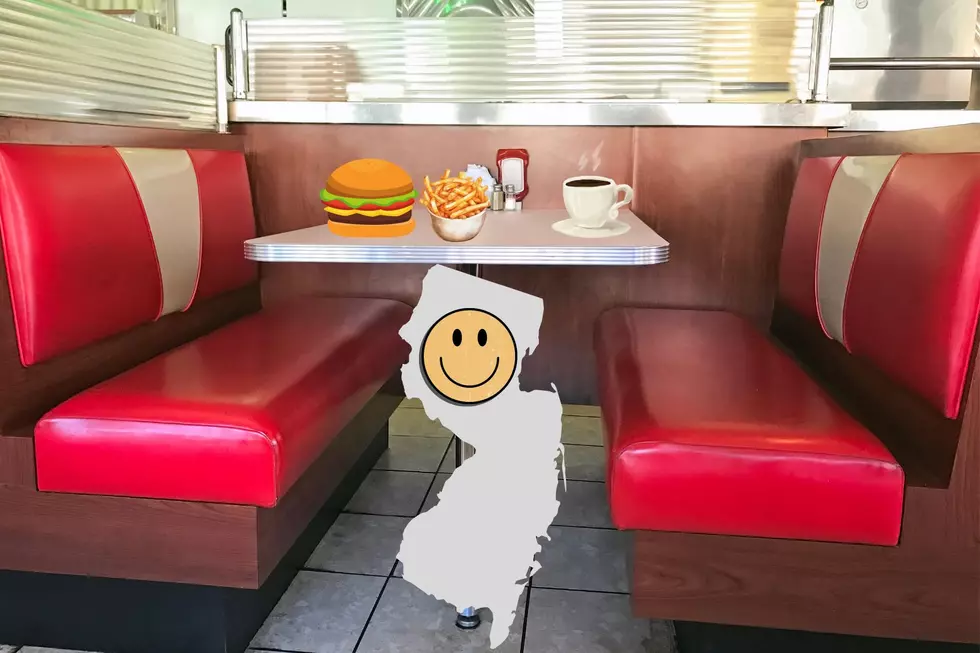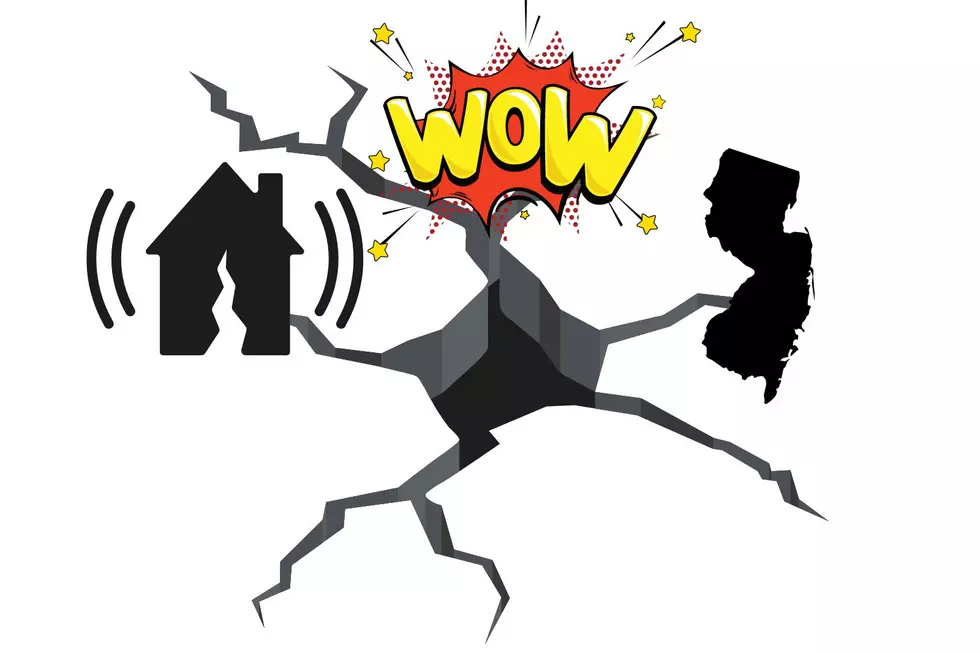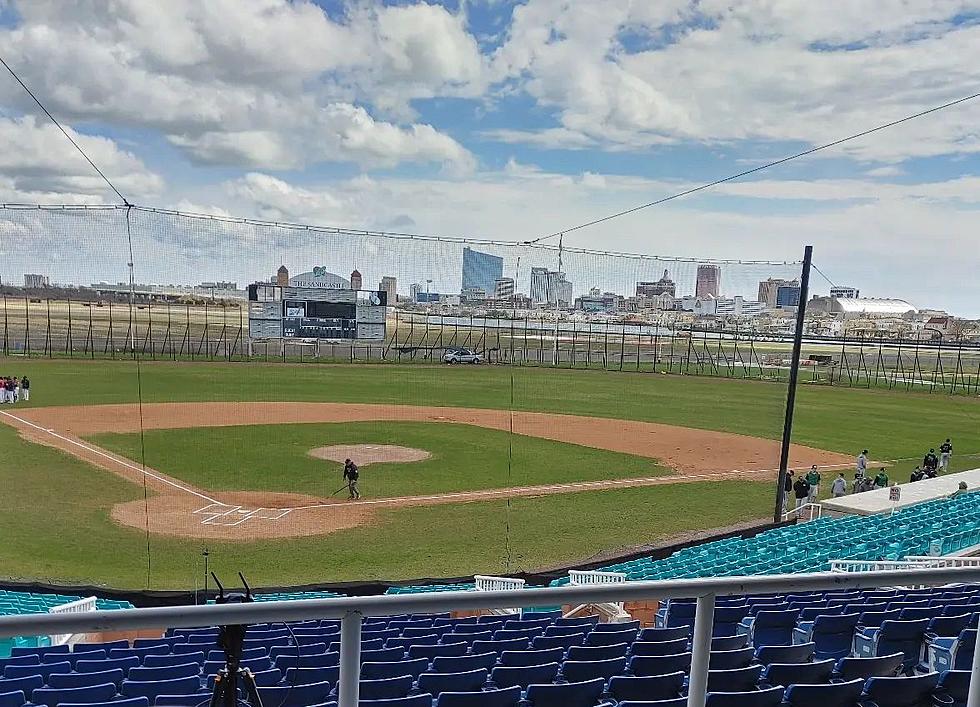
Townsquare Tonight Town Hall – chilling, yet hopeful look at opiate addiction
Part passionate plea, part confessional, part hope, part determination - attendees in Monday's Townsquare Tonight Town Hall on substance abuse saw the darkest section of the tunnel, and the faint, distant, but reachable, light at the end of it.
Amid souls bared in the Jay and Linda Grunin Center at Ocean County College in Toms River, observers and experts found common ground and renewed strength to prevail in a war that, only a short several years ago, seemed unwinnable - ridding the county of the scourge of heroin and opiates.
The discussion flowed from the start point of law enforcement - typically the first to confront the situation - to the logical endpoints, avenues for detoxification and recovery.
Ocean County Sheriff Mike Mastronardy shared real-time drama in the Ocean County Jail where an arrestee was in the process of extricating himself, despite his parents' hope that he'd be detained to keep him from falling back into the abyss.
Acknowledging the menace of dealers whose sole purpose is to prey on addicts for a handsome profit, Mastronardy added that there are some whose sole purpose is to support addictions they can't afford.
"There are a lot of people...good people in our county and in our state, that have gotten involved just to, basically, pay their habit," Mastronardy said.
He also explained that Ocean County, and similar hotbeds of drug trade, stay on dealers' radar screens because it's a voracious market.
"Until you cut the demand, it's like anything else," Mastronardy said. "You have to cut the demand. Does it start with education? Yes."
Recognizing that education has shed light on the deeper reasons why people sink into substance abuse, County Prosecutor Joseph Coronato suggested that unconventional habits require unconventional responses.
"Law enforcement needs to partner up with health care," Coronato said, "to see the best way we can to rehab these individuals, and to get their lives back together."
Using his experience in schools, where unnanounced drug sweeps continue, and the Heroin Addiction Response (HARP) program, which allows users to avoid prosecution by turning in themselves and their supplies, Coronato broke his approach into three "blocks."
"One is the education-prevention blocks. We need to go into schools and start at the school level to prevent it from coming. The second block is strong law enforcement. And the third block is partnering with the healthcare community," Coronato said.
Steve Willis, co-founder of HOPE Sheds Light, the Toms River nonprofit group that connects drug abusers to remedial care, explained that the reasons why people abuse narcotics are often deep-seated and long-standing.
"What if there's anxiety and depression? What if there's bipolar, or anger, or resentment, or trauma?," he asked rhetorically. "Many times, in my experience in these 20 years doing this, that's what gives rise to addiction."
Willis, who lost a son to addiction, underscored the need for users to look inside their own mnds - and for everyone surrounding a user to honestly examine how they fit into the situation.
"What's going on with your loved one, who's so sick, but what's also going on with you?," Willis said. "Is there a genetic predisposition to use? Tell us."
An attendee, addressing the panel, challenged their assertions with the reality she witnessed.
"They don't want to detox, from the pills, from heroin, from anything," she countered. "We don't have any detox centers. I know that jail works - 'Yeah, lock 'em up for a couple of weeks' - get them thinking right...but where is that in our community?"
Anthony Castellano, of Preferred Behavioral Health, a partner in the presentation, spoke directly to that concern, explaining that drug abusers find no need for help - until they're in crisis.
"As one of my colleagues would say, 'livers, lawyers or lovers.' Something happens...something happens bad...and they come in," he observed.
John Brogan of Toms River, a former addict who converted into a champion of New Jersey's Opioid Overdose Recovery Program, described the self-loathing, shame and hopelessness that led him to the brink of suicide - then singled out three attendees who were also the first three users in Ocean County to seek a path to recovery through HARP.
"They went internal," Brogan said. "They went to a long-term place, so that they could look at themselves inside, removed from a substance, not being given a pill to fix it."
Brogan added that exploring the underlying negative reasons that lead to repetitive substance abuse has allowed recovery to progress, exponentially, away from the days when users just replaced heroin with Methadone.
"These long-term places - they focus on that, and replace that drug with hope, with love, with a different way of life," Brogan said, "so that these people can come back, face what they've done wrong in their addiction, and start helping others."
Another attendee braved the podium to reveal her addiction that began and ended before she was even old enough to finish school - and how, now in her 60s, a mother of three grown children of her own, the need to stay strong and avoid "chasing the rabbit" is a constant struggle.
"It's still vividly in my mind, every day," she said, a sobering reminder that, once trapped, only constant awareness and support can keep former addicts from regressing into darkness.
More From 92.7 WOBM









